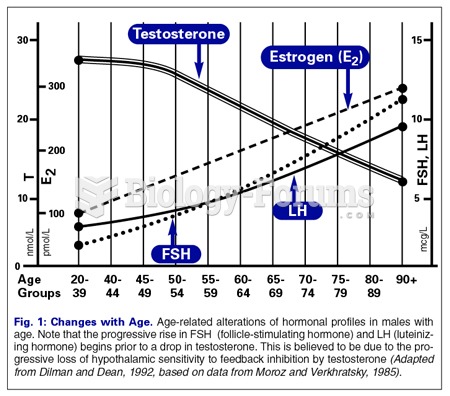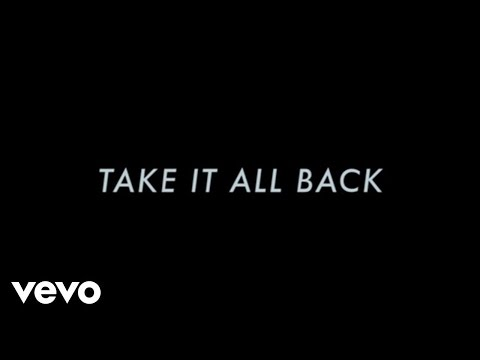Was Vue's Statement admissible?
A high school liaison officer approached two males walking back and forth in front of the school, asked them to identify themselves, and asked them what they were doing in the area. One identified himself as Pha Vue. The officer recognized Vue's name because the County Sheriff's Department had issued a warrant for Vue for attempted murder. He then arrested Vue. While being transported to the county jail, Vue refused to answer any questions posed by investigator Ronald Smith. Two weeks later Vue was transported from the county jail to the Green Bay Police Department to be fingerprinted and photographed. While waiting for the pictures to be developed, Smith told Vue that he did not want to ask him any questions. Vue was there only for the photo and ID processing. Vue then asked Smith about the length of time he was facing if convicted. Smith stated that it was something like 90 to 100 years. Vue then stated, That's if you have any witnesses, right? Vue had not been given his Miranda warning.
What will be an ideal response?
Question 2
Was the lawyer's failure to argue that the warrant was issued against Owens' house ineffective assistance of counsel?
A search warrant based on a barebones affidavit was issued. A detective's affidavit stated that three months earlier an informant had bought a quantity of crack from Owens at a house believed to be Owens's residence. A search turned up cocaine, marijuana, and guns that were used against Owens at his trial. There was no indication in the affidavit either of the actual quantity of crack or of the reliability of the informant. Owens's trial lawyer moved to suppress the evidence, arguing that a sale of an unknown quantity of an illegal drug three months before a search warrant was sought does not, without more establish probable cause to believe that the search of the premises on which the sale took place would turn up contraband or evidence of crime. This is a good argument because if the amount sold was very small it does not support the belief that the premises was a crack house, where drugs and other evidence can be expected to be present. Owens's lawyer was ineffectual in failing to get the fruits of the search suppressed because he failed to argue in addition that it was Owens's house in which the crack was found. This omission enabled the government to successfully argue that if it wasn't Owens's house, no right of his had been violated by the search. And so the motion to suppress failed.







